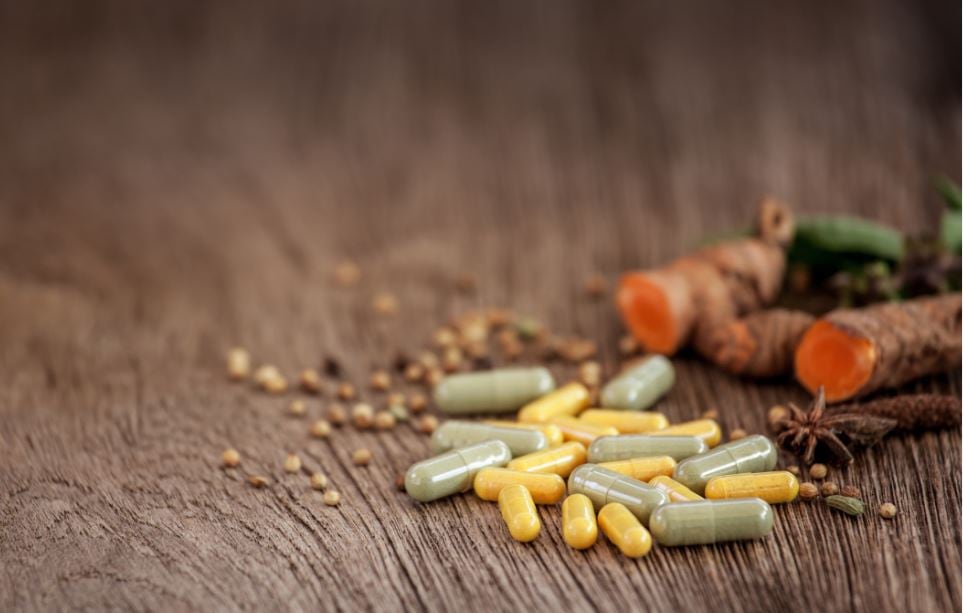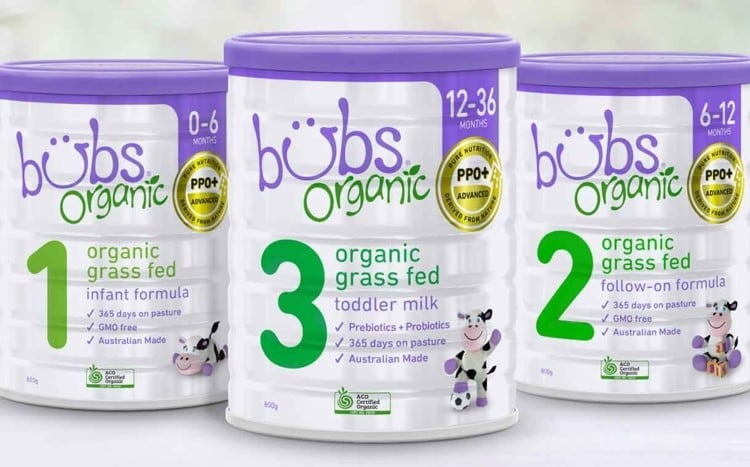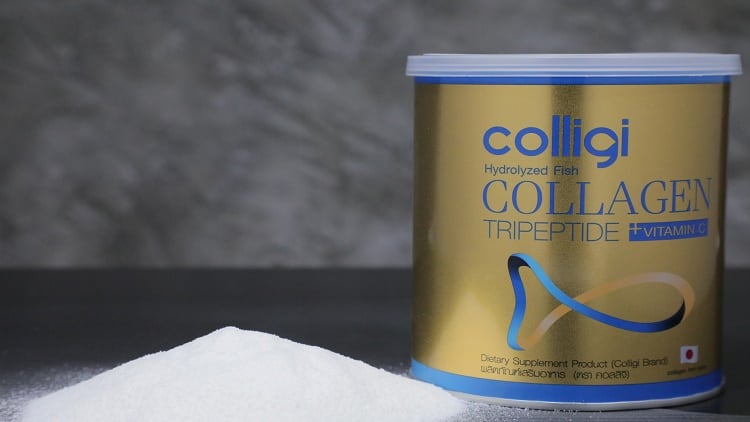We spoke to brand owners who gave insights about the potential of multi-level marketing (MLM) in selling dietary supplements in South East Asia (SEA), growth boosted by greater health consciousness in Vietnam, and booming skin health category in Laos and Myanmar.
MLM in South East Asia
International MLM giants have been reaping good results from SEA.
One example is Herbalife, which has seen top-line growth in SEA, in particular, Vietnam, Malaysia, and Indonesia. The three markets grew by 40%, 32%, and 28% respectively in terms of volume during the second half of 2019.
Amway also revealed Thailand as one of its fastest-growing markets last year, along with China, India, and the US.
The potential of SEA markets has now attracted the attention of more MLM firms.
Chinese firm Infinitus, the subsidiary of Lee Kum Kee Health Products Group (LKKHPG), expanded into the Philippines in June last year.
The firm’s senior manager of new market development, Felix Young, has also identified SEA markets Malaysia and Thailand as countries that will further enhance its reach.
Citing statistics from WFDSA (World Federation of Direct Selling Association), he noted that APAC had contributed 46% of total global retail sales in 2018, and grew 1.8% yoy, becoming the region with the highest overall growth.
Its data also showed that wellness products accounted for 33.2% of global direct selling sales last year, up 3.4% compared to 2014.
“For Infinitus, the statistics confirmed our strategy of using TCM based wellness products and skincare to bring health and happiness to everyone in APAC as well as the rest of the world,” Young said.
He added that other regions, as such Hong Kong, Taiwan, and Kazakhstan were also potential markets.
“We have barely scratched the surface of these markets, and we are positive that there are vast amount of people who are eager to learn how TCM can provide them with better health and fuller lives.”
E-commerce fuelling growth in Vietnam
The dietary supplement market is also growing rapidly in Vietnam, with the three biggest sectors being general health/multi-vitamins and minerals, joint health, and brain health in terms of volume and value.
The top three trends in the future are expected to be in women’s health, liver health, and anti-cancer supplements.
According to Nguyen Phung Lam Nhi, sales director of South East Asia at Avida Health, the growth of the supplement market was attributed to “the fast-growing e-commerce business in Vietnam which had driven the growth in the number of supplement products.”
Nhi said supplement consumption was typically observed mostly in bigger cities such as Ho Chi Ming and Hanoi, “thanks to the lifestyle, higher living standards and more people thinking of health protection and prevention.”
Nhi added the biggest challenges that faced Vietnam’s dietary supplement industry was short product life cycles: “Most supplement go through a quick launch, but they remain a short time in the market.
“It is a bit like the fashion industry where the life cycle is very short. There needs to be a lot of investment in marketing, if not the sales are not very big. But if you invest a lot, you might not have enough time to return the benefits.”
Nhi pointed out that new dietary supplement launches in the country were mostly imported due to consumers’ behaviour and trust in “relying on imported products from US, Australia, New Zealand, Europe and Japan.”
Japan’s Kirin also recently ventured into Vietnam with its functional probiotic beverage under the iMUSE brand. Vietnam was selected as its first overseas market for the increasing supplement consumption, as well as increasing spending on nutritional healthcare products in the country.
Laos and Myanmar influenced by Thailand trends
Thailand’s supplement and functional foods success is now spreading to nearby Laos and Myanmar.
This is according to Suppakarn Kathavanich, international business development at Scotch Industrial (Thailand).
“The dietary supplement trend driven by a rising middle class that is becoming more health conscious is growing globally. Laos and Myanmar are close to Thailand, people can access each country smoothly, so I think it is easy to transfer some of the trends and the values from Thailand to those countries,” he said.
In particular, supplements for overall health and skin health are a growing category in Laos and Myanmar.
Thailand’s health supplement manufacturer, Scotch Industrial saw the potential in Laos and Myanmar, and partnered with DKSH Business Unit Consumer Goods to launch its products in 2017 and 2015 respectively.
Some of the products are Scotch Bird’s Nest, Scotch’s Essence of Chicken, Scotch Collagen and Scotch Pure.
“One of our products that sell well in Laos and Myanmar is Bird's nest, which is known to be good for health and skin,” he added.
One of the challenges that the Laos and Myanmar supplement industry faced were issues arising from the borders between these countries. “Some of the supplements sold at the borders are at a cheaper price. We need to be aware of these issues to solve it,” Kathavanich said.
In order to find success in these countries, Kathavanich advised firms to, “Study their culture, know their needs and reach that expectation.”
While it is still a small market in the two countries, Kathavanich believes there is still growth potential for supplements.




